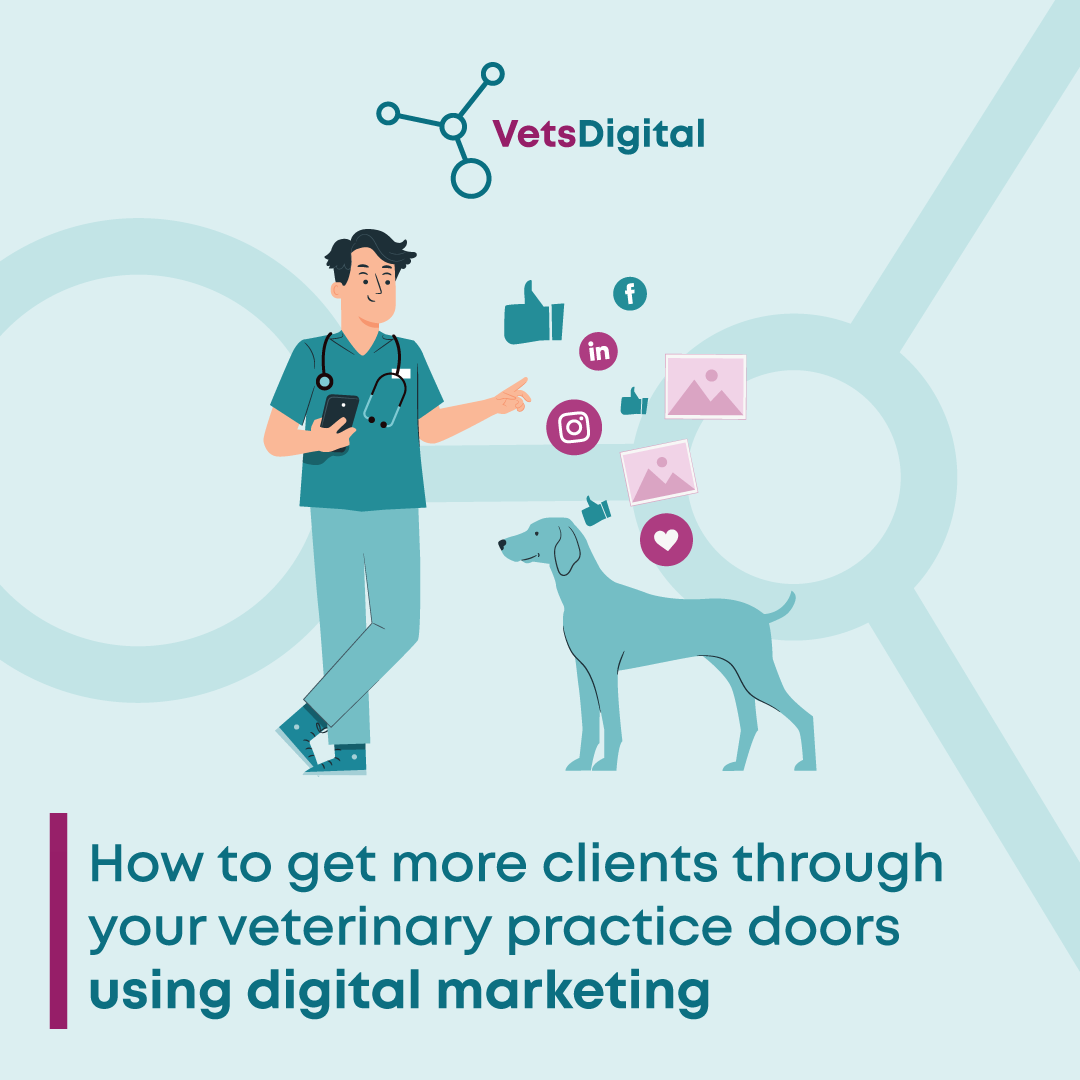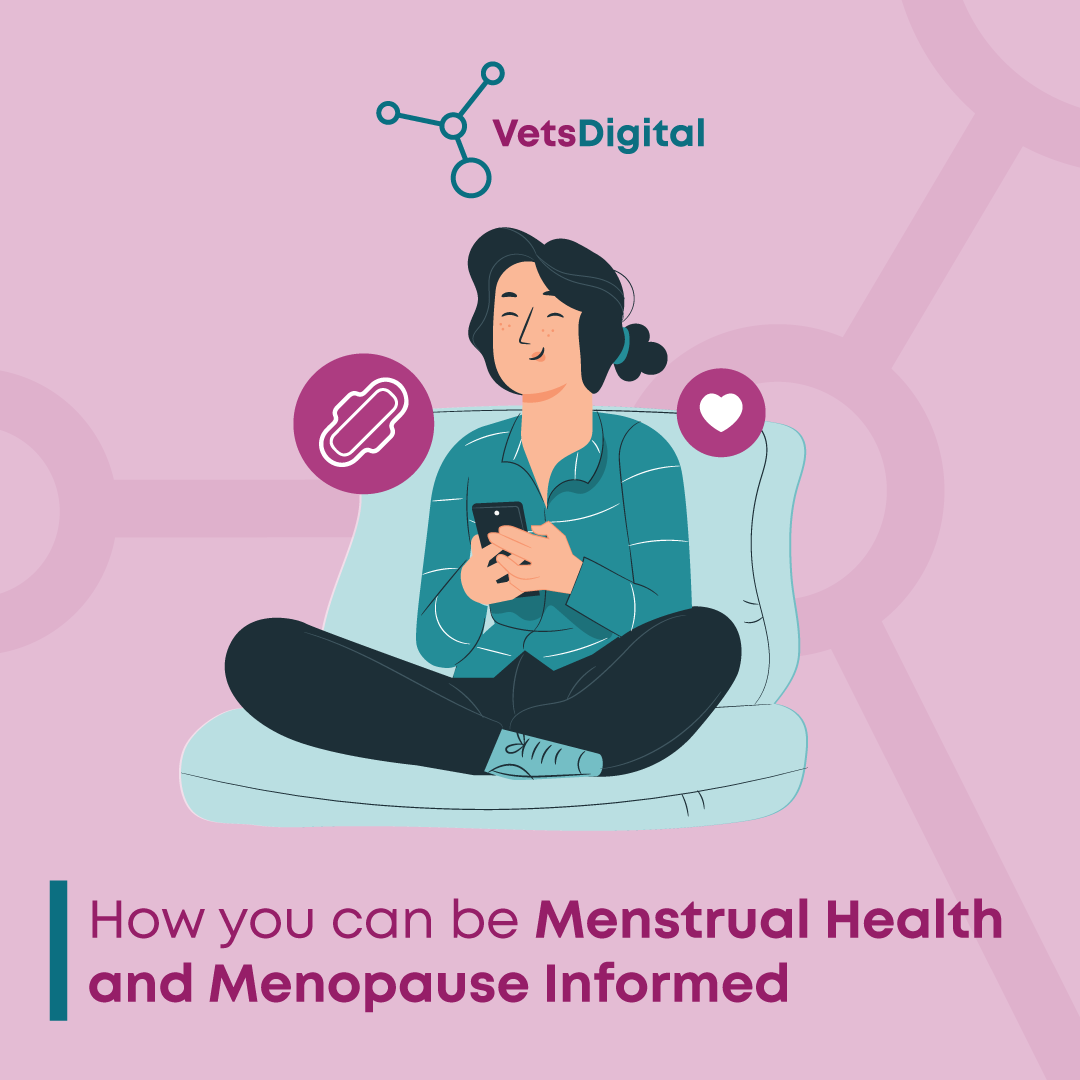Blogging, Directory listings, Facebook, Facebook ads, Google ads, Google ranking, Local search, Mobile, News, PPC ads, SEO, Social media, Twitter,
Local SEO Part Six, Overview and Last Few Bits
To conclude our series on Local SEO we’ve written a bit of a summary and also included the last few bits of important information – we’re nothing if not thorough! We are soon launching a Local SEO MOT service where we will do a lot of the work for you. Sign up to our mailing list or Facebook page (details at the end of this post) if you would like to be kept up to date with our future news and services.
Final Few Local SEO Tips
Inbound Links
If other websites are linking to your site, signals are being sent to Google, telling it that your website is good enough for other sites to direct their visitors too. This has been a firm crux in the SEO rules for a long time. In the past, SEO agencies would get links to your website into every forum, every guest blogging site, every blog comments area they could find. And it would work. But not anymore. Google has cracked down on this hugely (thank goodness), it is a spammy method and not a good reflection of your business.
Inbound links still have their place in SEO, but now it’s important that they are genuine and relevant. Getting local businesses to link to you is excellent for local SEO and sends the right signals to Google.
Mobile
This is a bit stat-heavy but they are worth noting so bear with us:
70% of people in the UK own a smartphone and 25% own three different devices.
77% of smartphone users in the UK use their phone to perform searches even when sat at a computer.
73% of these searches result in a further action (such as them calling your practice straight from their phone).
Mobile is important for local SEO as smartphones use location tracking to help users find local services as standard. And what you need to know; Google has different algorithms for mobile and desktop searches; meaning mobile friendly websites are more likely to be shown higher up in mobile searches, as are location based results.
Social
This section deserves a huge amount more space than a mention in this one post. But we wanted to keep it strictly about how it can help your local SEO efforts so we won’t go into managing social platforms themselves, but just explain how social aids SEO.
Google are constantly changing their algorithm and social signals are becoming a larger and larger part of how they rank websites and Places. Consider a blog post on a website. Most blog posts (just like this one) have social widgets right alongside them. These are just one of the social signals that will now influence Google, as will your activity on Google+ (enormously powerful – try using the communities too). Youtube (owned by Google); video interaction will make a difference and social shares on infographics is a great way of getting noticed as a provider of valuable information.
Starting a local blog that is read by your community who then engage with it socially, could make a spectacular difference to your local SEO via local social!
Schema
Schema markup is a tool that makes it easier for search engines to find content on your site, without altering the appearance of that content for visitors. In simple terms, rather than having your address as a general part of your homepage copy (probably just in a different part of the layout), schema markup categorises that address as ‘an address’ so that Google can identify it more easily.
Example of NAP date (name, address, phone number) as it appears in the html of a website WITHOUT schema markup:

Example of NAP data as as it appears in the html of a website WITH schema markup:

You can generate schema markup for your site by visiting schema.org. You web developer will be able to integrate the new code into your website.
Improving Your Practice’s Local SEO – Summary
We have now covered many aspects of improving your local SEO, below is a summary of each of the main topics we’ve covered. Read the whole blog series (by clicking on the links below) to understand the importance of each element and how to go about implementing it into your own digital marketing strategy.
Google Places: find, verify and update your listing.
Local website optimisation: help your website to perform better for location. More than one location? Consider creating microsites or separate landing pages.
Paid online advertising: It can work wonders and can be closely targeted and monitored.
Citations: Find every mention of you (your NAP data) online and make sure they are all identical.
Online Reviews: Quality over quantity. Make it easy for clients to find where to leave them.
We hope you’ve enjoyed our series on local SEO and have found it helpful. There are lots of changes you can make yourself to improve your Google ranking for local search using some of the tips we’ve explained. Other improvements may need your web developer or an agency (like us!) to put into action, but performing well in local search is crucial for a vet practice so consider making this a key element of your digital marketing strategy.
Like our Facebook page or sign up to our mailing list to be made aware of our latest blog posts, our special offers and any new products and services we offer.
Contact a member of our friendly team to see how we can help you with your online marketing.
We’d like to say thank you to Brighton SEO for running the SEO congress we attended and to Render Positive for presenting the Local SEO course.






